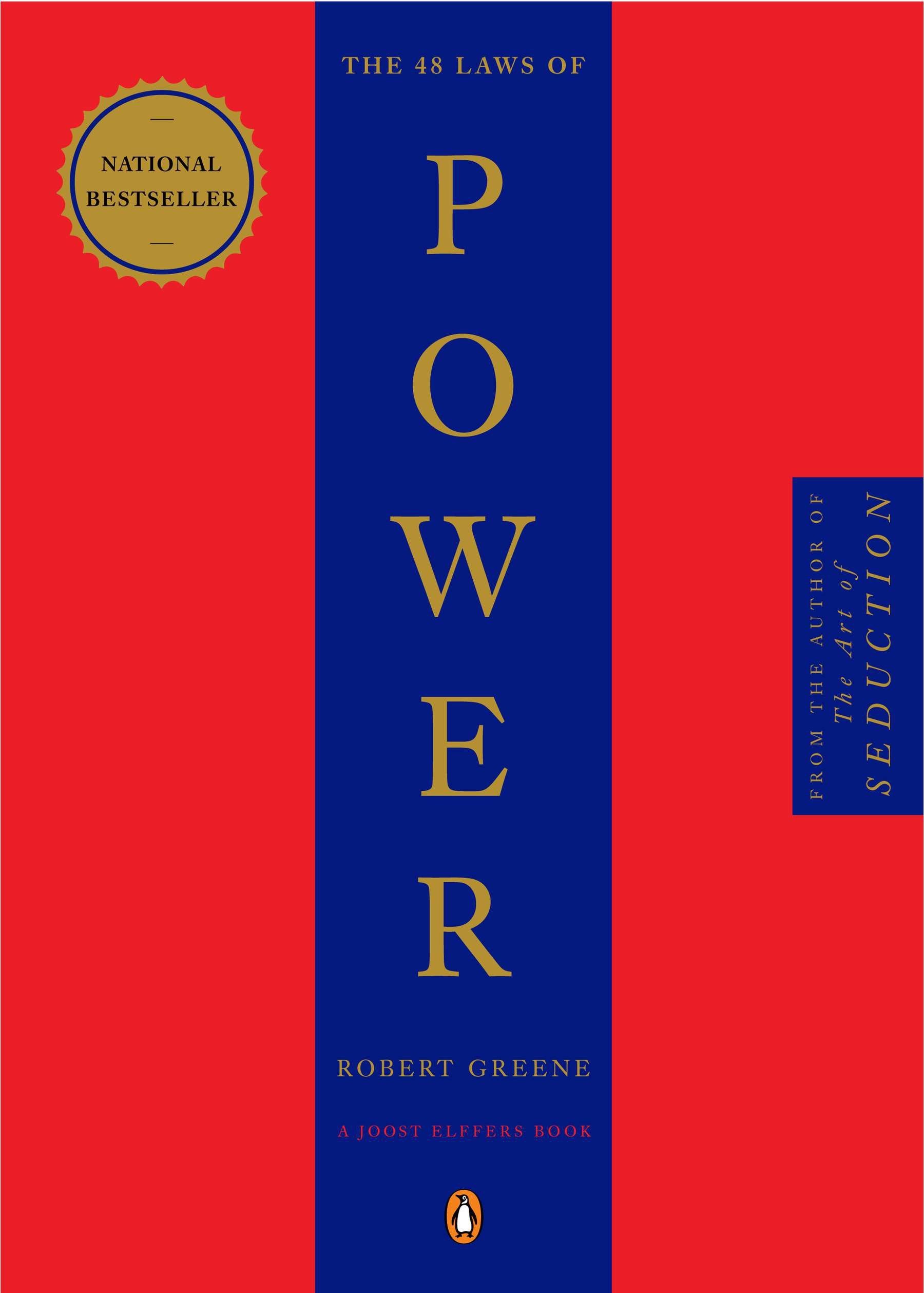48 Laws of Power is a riveting narrative on the politics of power from bestselling writer Robert Greene. The book focuses on three main aspects of power. The first is observing power in others, while the second thread involves gaining power for oneself. The third element the narrative concerns itself with is defending oneself from the power plays of others. Some critics have pointed to the fact that the book seemingly glorifies unethical ways of advancing oneself in the workplace, or in life. Even if readers do not intend to obtain power, however,
Greene’s book is effective in helping readers combat the abuses of power, and other ills, both in everyday life and in the workplace.
[russia]
Q2 hedge fund letters, conference, scoops etc
Greene’s book spans three thousand years, thus including the philosophical beliefs on power from Machiavelli, Sun Tzu, Carl Von Clausewitz, and others, such as Henry Kissinger and P.T. Barnum. Greene’s book is also a notable presence in the field of power politics in that it summarizes the philosophical bases at the heart of these great thinkers. After delving into the history of power, Greene then summarizes his findings by placing his knowledge into 48 laws that he claims are essential to understanding, obtaining and wielding power.
The book is written in an easy-to-understand format, with the 48 laws as readily understandable as they are brief. For example, Law 28 says “Enter Action with Boldness,” and is meant to underscore the value one should place in confidence as it relates to power. A seemingly problematic law like Law 15, which states: “Crush Your Enemy Totally,” can shed light on the necessity of self-preservation in power politics. Moreover, Law 1, “Never Outshine the Master,” ( most important law in today’s as people have become more INSECURE)can be viewed as a caution for prudence when conducting affairs. These examples highlight how Greene’s laws, though seemingly elementary in their brevity, can be both easily understood and applied to larger issues at work in power politics.
Some critics have also taken issue with the apparent ruthlessness of the laws, placing Greene in a similar role to Machiavelli with his realistic take on people and politics in Italy. As noted above, though a law like Law 15 might appear ruthless in its simple statement of “crushing one’s enemy totally,” the aim of these laws is to allow readers to not only think about the laws’ place in power politics but to apply them as necessary. This means that people who are seeking to understand bosses or coworkers can see in Law 15 how or why they are being treated a certain way. As such, these laws are powerful tools for observation and understanding. They provide the necessary steps for those seeking to understand power and why (or how) it is used for good and/or ill.
Even for those readers who may be seeking to gain power, Greene’s laws highlight how best to approach a myriad of situations. For the prudent reader, these laws can be “translated” to fit a given situation. For instance, when Greene pronounces Law 8 to be “Make Other People Come to You – Use Bait if Necessary,” while some might take issue with “tricking” or “deceiving” others, in luring them in, the law can be read otherwise. Readers can view this law as a challenge to make the “bait” as appealing as possible. If readers place themselves in the role of the bait, the law can be understood for the advice it gives: make oneself as appealing as possible so that others are attracted without reserve.
Though the 48 laws deal with the undeniable way one can dominate a political situation completely with the right tools, Greene’s assessment of power over the course of the centuries also sheds an interesting light on relationships, morality, truth and love. The laws bear witness to what man has achieved or attempted to achieve over the centuries, and how these attempts and successes often stem from the knowledge, or lack thereof, of how to effectively wield power.
Regardless of one’s intentions, 48 Laws of Power is a delightful, insightful read
https://www.tke.org/files/file/The_48_Laws_of_Power.pdf
Article by Ritesh Jain, World Out OF Whack


